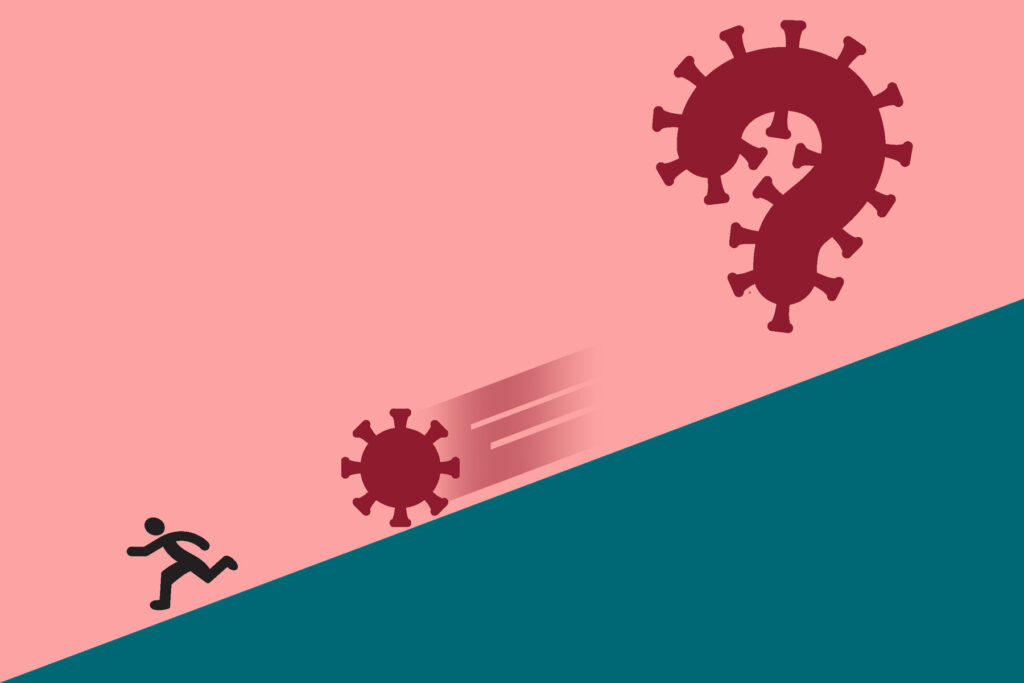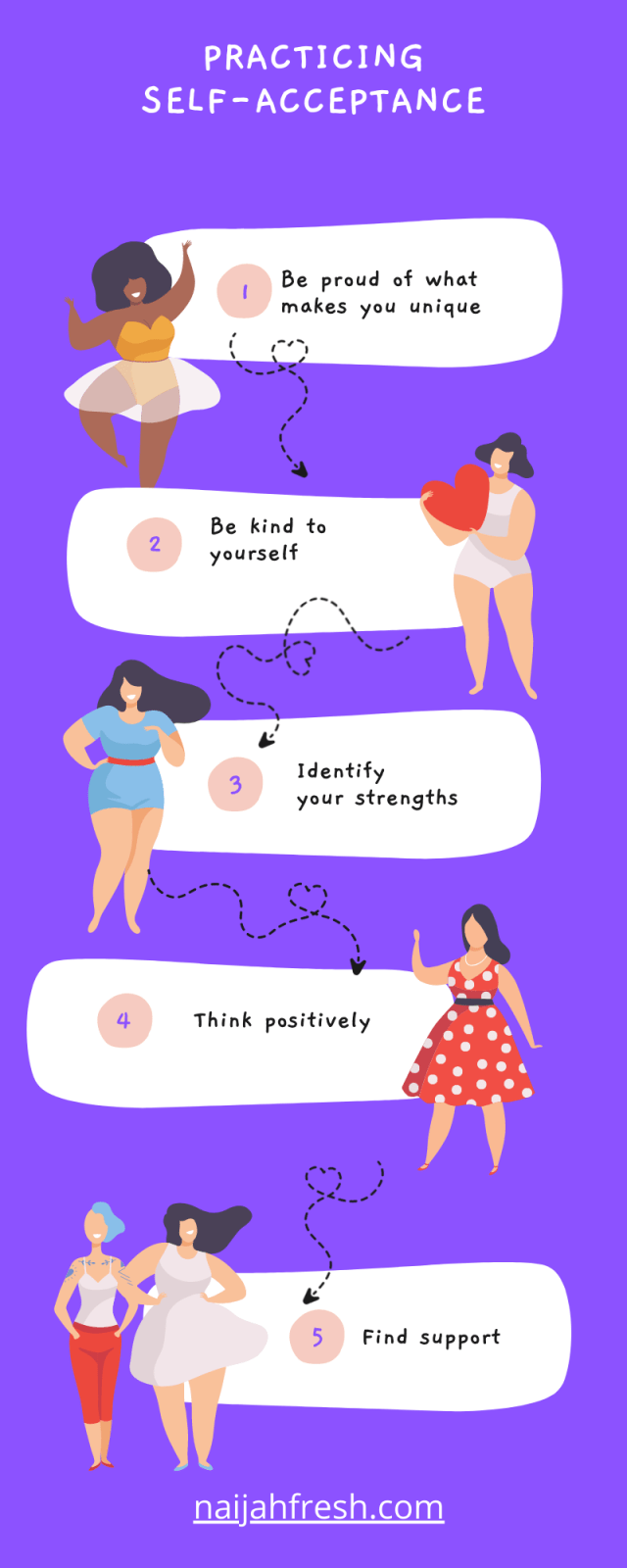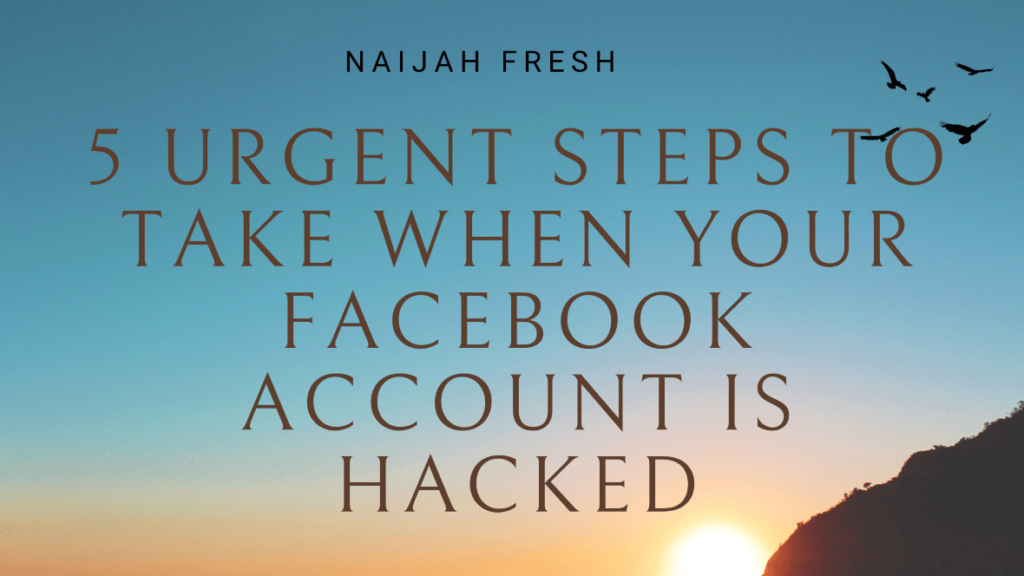Certainly Uncertain
No one knows what the future holds. Not even our so-called pastors and church ministers. No one knows tomorrow. But somehow, you probably know what you are capable of.
Life is filled with uncertainties and worries about the future. While many things remain outside our control, our mindset is crucial in coping with difficult circumstances and confident in facing the unknown.

Mental health is often relegated to the back seat when compared to our physical health. And while physical health does play a large role in keeping our bodies in shape and functioning properly, our mental health is just as important as well in order to maintain and achieve a healthy and happy lifestyle. It is no secret that there are stigmas against mental health. Barriers that prevent people from reaching out for support or being the ones to reach out and give support abound.
As the coronavirus pandemic have demonstrated and coupled with the worsening situation in the South East has shown , life can change very quickly and very unpredictably. One day things may be just fine, the next day, you have suddenly become sick, lost your job, or found yourself struggling to put food on the table or provide for your family.
In this article, we will explain what the situations could be and some smart ways to manage our uncertainties that are unavoidable.
While we may not wish to acknowledge it, uncertainty is a natural and unavoidable part of life. Very little about our lives is constant or totally certain. While we have control over many things like choice of school, work, e.t.c, we can’t control everything that happens to us.
It is important to note that these are very difficult times for all of us, and the uncertainty of not knowing when things will change for the better makes it more challenging to navigate. And, with that said, it is not all doom and gloom. There are tangible steps that can be taken to make our uncertain future more manageable on many different levels and improve our overall mental health and emotional well-being.
So how can we best manage our situations when everything feels so out of control? Here are six surprising strategies.
1. Don’t fight it
3. Don’t believe everything you imagine
Perhaps the most essential stress-reduction tactic that anyone has ever taught me is not to believe everything I think. In uncertain times, it’s particularly important not to believe thoughts that argue for the worst-case scenario.
It can be helpful for us to consider worst-case scenarios so that we can weigh risks and actively prevent disaster. But when we believe these stressful thoughts, we tend to react emotionally as though the worst case is already happening in real life, rather than just in our heads. We grieve for things that we haven’t actually lost, and react to events that are not actually happening. This makes us feel threatened, afraid, and unsafe when we are simply alone with our thoughts.
4. Stop looking for someone to rescue you
Although it can feel good when others visit and extend a helping hand, most rescuers don’t really help. Rescuers tend to be better enablers than saviors. If we stay stuck, they get to keep their role as our hero, or they get to distract themselves from their own problems. Everyone is struggling one way or the other.
The only sense of certainty we can experience in life is the result of our own efforts. That’s actually an empowering thought if you think about it.

5. Reconnect with the constants in your life
Even though there are no guarantees, you likely have a few constants that won’t change in the near future: your health, your mental capacity, your family and friends.
At the end of the day, nothing matters without these things. You can have the best house in the world, but it becomes a prison if you’re alone. Your job may offer a million perks, but you won’t enjoy them if you’re not strong in mind and body.
Focus on those gifts, because that’s what they are. Even thinking about my gratitude gives me a profound sense of strength and humility.
6. Create a vision
When it comes to dealing with uncertainty, visualizing can be very valuable. Create a vision for what it is that you truly want. If you find yourself unemployed, what does your ideal career look like? If you recently relocated to a new city, what do you want your life to look like there? If you and your partner are having a problem, what does your dream relationship look like, and what is your ideal way to connect?
The vision must excite you. Your dream would ultimately spur you to action. It has to be compelling. It has to pull you. It isn’t something that you have to push yourself toward it is something that you desire and crave more than anything else. It moves you emotionally. Dream and visualize this goal, see how it makes you feel, and then work towards achieving it. This helps you regain the balance that can sometimes be disrupted by uncertain times.
Perceived uncertainty is not only directly correlated with anxiety and depression but also amplifies anxiety and depression, which, in turn, undermines the quality of life we may have.
It is easy to see how the concept of uncertainty is linked to mental health. If we do not manage our problems that crop up very well, it normally affects us mentally. If uncertainty can feel dangerous, then it might feed our worry and anxiety. What’s more, if getting rid of that feeling of uncertainty feels essential, then the compulsion to wash our hands, again and again, to make sure they are clean and safe might also feel essential.
And if we eventually feel unable to cope with the change and unpredictability life can throw at us, then it is understandable that we are at risk of being defeated and will surely slip into depression.



